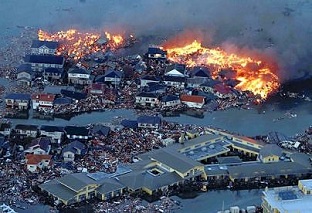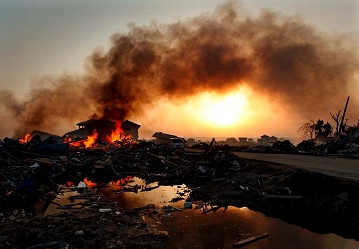CONGRESS, AIPAC~ISRAEL AND 9/11

We Know They Know But They Don't Care
This week, most members of congress, 100% of the new “Tea Party,” swore allegiance to the State of Israel. To those of us at Veterans Today, we have a problem with this. We have never been all that enthusiastic about Congress in the first place. They are a gutless bunch who feather their own nests, finance their campaigns with laundered drug money and have turned Washington into a modern day Gomorrah, a city of rent boys and call girls.
We have a few issues to pick with Israel.
There is no way any loyal member of the United States military or veteran of its services is likely to “kiss and make up” with Israel until we receive an official apology for the attack on the USS Liberty. Even the “official” veterans organizations, generally a gutless bunch made up of the same spineless sycophants as congress, have spoken up on this one.
Our next issue is 9/11. We know Israel was involved in a major way though there is no way Israel alone could have ordered NORAD to ground its planes. We know members of all key committees in Congress were given a “top secret” briefing on 9/11 and told the following things:
● The World Trade Center was destroyed, not by planes but because of a “national security issue” in order to “save lives.”
● The attack on the Pentagon was not the hijacked aircraft claimed but a different cause that is “classified.”
● The subsequent attacks on Afghanistan and Iraq were necessary for the US to maintain control of energy resources to prevent economic collapse.
● Israel “assisted” the United States on 9/11 and may “appear” culpable but was not.
These things are childish lies, of course. The perverts, cowards and gullible rubes that make up congress, one of the most corrupt institutions on earth, were beaming with self importance, having been briefed on a great conspiracy. After all, many members of congress went to college, some to law school, and are much more deserving and certainly much more important than “normal people.” We call this condition “malignant narcissism.”



























